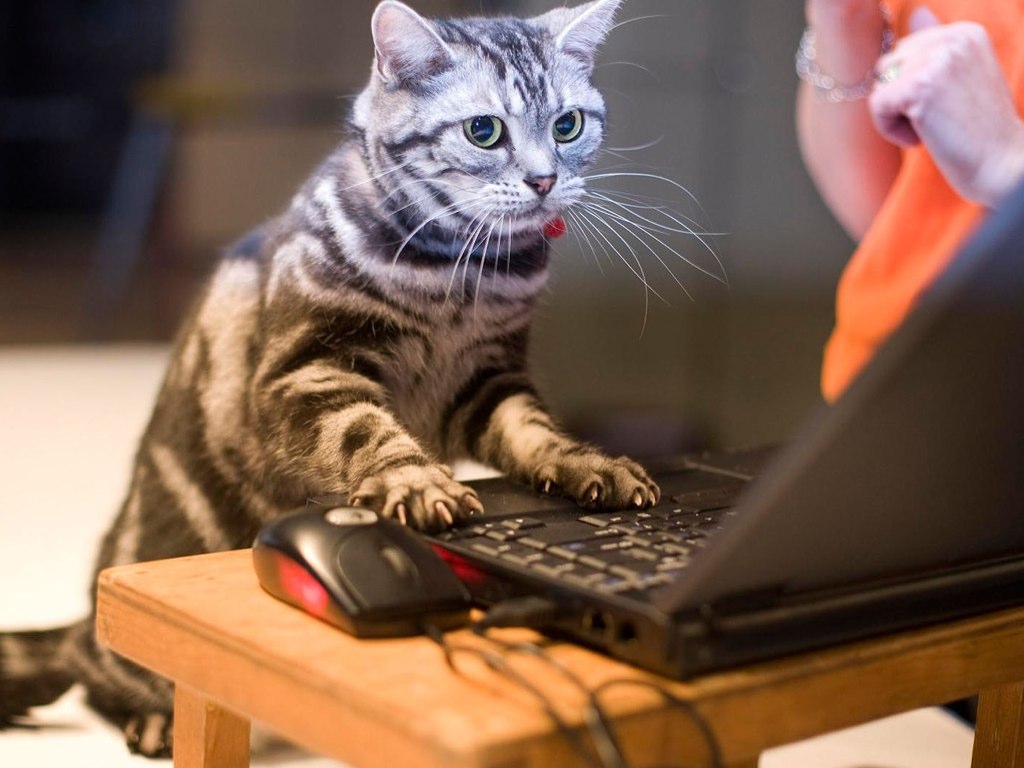Amazing and blunt article from Adam Gopnik for The New Yorker: The Dangerous Acceptance of Donald Trump. As always, the whole thing is worth a read (okay, skim the Alexander Pope poetry if you want), but there are some sobering statements there:
The American Republic stands threatened by the first overtly anti-democratic leader of a large party in its modern history—an authoritarian with no grasp of history, no impulse control, and no apparent barriers on his will to power. The right thing to do, for everyone who believes in liberal democracy, is to gather around and work to defeat him on Election Day. Instead, we seem to be either engaged in parochial feuding or caught by habits of tribal hatred so ingrained that they have become impossible to escape even at moments of maximum danger.
And:
If Trump came to power, there is a decent chance that the American experiment would be over. This is not a hyperbolic prediction; it is not a hysterical prediction; it is simply a candid reading of what history tells us happens in countries with leaders like Trump. Countries don’t really recover from being taken over by unstable authoritarian nationalists of any political bent, left or right—not by Peróns or Castros or Putins or Francos or Lenins or fill in the blanks. The nation may survive, but the wound to hope and order will never fully heal. Ask Argentinians or Chileans or Venezuelans or Russians or Italians—or Germans.
I hate talking about Trump, I hate reading about him, and most of all I hate seeing so much written and read and broadcast and viewed about him. I don’t really think he’ll get anywhere near the highest office of my country. But the very thought is moving further from the funny end of the spectrum, and more toward the horrifying end, with each passing month (though I’m not sure what this weird funny-to-horrifying spectrum is, exactly).

